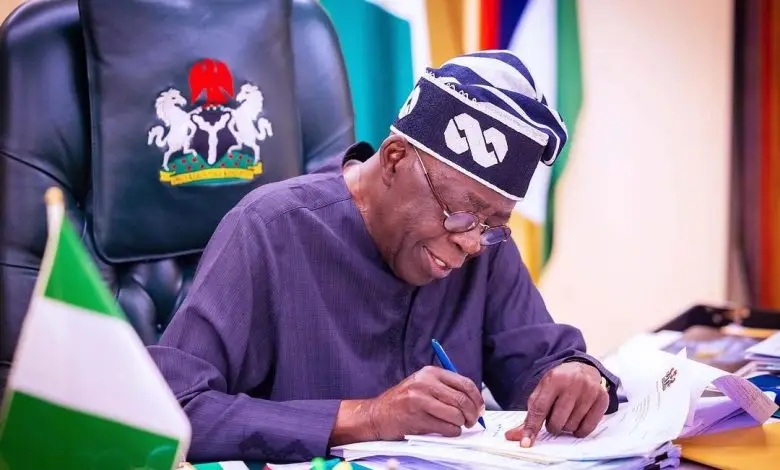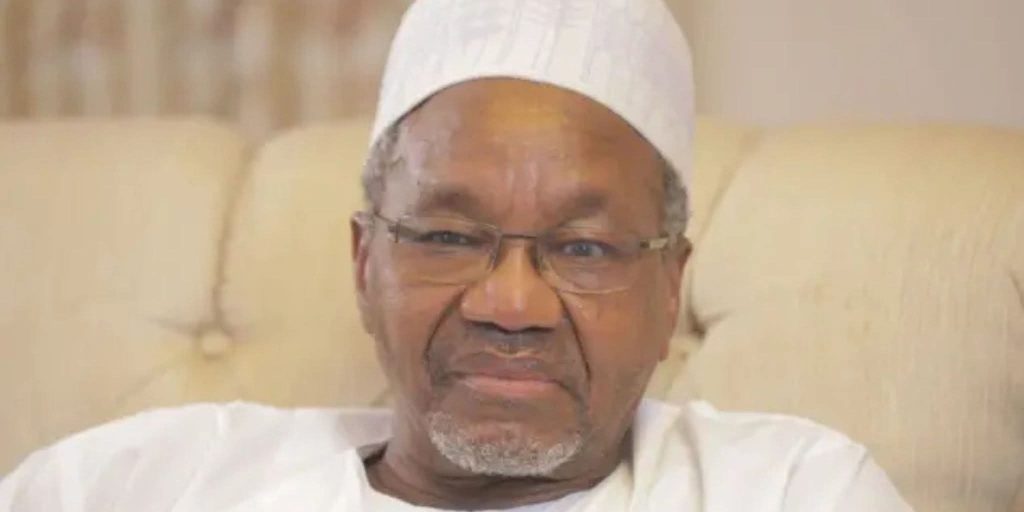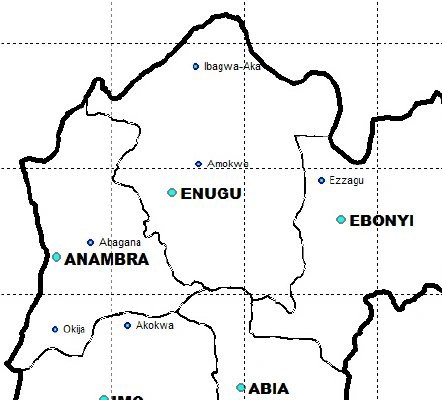Analysis
Nigeria checkpoints: microfinance banks in disguise?
By Kayode James

The alarming state of checkpoints across Nigeria has become a subject of growing concern. While the signs boldly state “Do Not Give and Do Not Collect,” the reality on ground paints a different picture.
For many travelers, these checkpoints have become less about ensuring security and more about extorting money under the guise of law enforcement.
Motorists and passengers alike have shared countless stories of being stopped on these roads, not for legitimate searches, but for what can only be described as “stop and give.”
It’s become an open secret that navigating some checkpoints is nearly impossible without parting with amounts ranging from ₦100 to ₦200 or more, regardless of whether one is carrying contraband or traveling innocently.
Checkpoints or Toll Gates?
The phenomenon has led many to sarcastically dub these checkpoints “microfinance banks.” Unlike actual banks, however, these roadside operations lack any semblance of legitimacy or accountability.
Motorists have come to expect the ritual of handing over money at certain points, knowing full well that refusal could lead to unnecessary delays, harassment, or outright intimidation.
The irony is that these checkpoints, ostensibly established to enhance security and combat crime, often fail to fulfill their primary purpose. Instead, they have become enablers for illegal activities.
It is not uncommon for vehicles carrying contraband, arms, or even criminals to pass through unchecked simply because the requisite “fee” was paid. This nefarious practice undermines the very essence of these checkpoints and poses a significant threat to national security.
Passengers’ Plight
For passengers, the experience is equally frustrating. Many express outrage at being delayed and subjected to extortion on journeys that are already arduous due to poor road infrastructure.
Beyond the financial burden, the psychological toll of these encounters cannot be overstated.
A passenger traveling from Abuja to Onitsha recently recounted, “At every checkpoint, our driver handed out money.
When I asked why, he said, ‘If I don’t pay, we won’t move.’ It felt like we were funding a parallel system of governance.”
The Bigger Picture
This systemic extortion has persisted for decades, creating a culture of impunity among those tasked with enforcing the law. If left unchecked, the long-term implications are dire.
The normalization of such practices erodes trust in law enforcement agencies and perpetuates a cycle of corruption that becomes harder to break.
Additionally, the unchecked movement of criminals and contraband through these compromised checkpoints exacerbates the country’s already precarious security situation.
Bandits, smugglers, and other criminal elements have been known to exploit these vulnerabilities to further their activities.
A Call to Action
The question remains: How long will this menace persist before the appropriate authorities take decisive action? Addressing this issue requires a multi-pronged approach, including:
1. Accountability Mechanisms: Establishing independent bodies to monitor checkpoint activities and hold erring officers accountable.
2. Technological Interventions: Deploying surveillance technologies, such as body cameras and automated toll systems, to reduce human interactions and opportunities for extortion.
3. Public Awareness Campaigns: Educating citizens about their rights and encouraging them to report cases of extortion without fear of reprisal.
4. Structural Reforms: Overhauling the training and remuneration of law enforcement officers to address the root causes of corruption.
The Road Ahead
The checkpoints on Nigerian roads should serve as bastions of safety, not sources of fear and frustration.
If this culture of extortion continues unchecked, it threatens to undermine not only the integrity of law enforcement but also the security and unity of the nation.
It is time for relevant authorities to step up, take responsibility, and put an end to this disgraceful practice.
Until then, the “microfinance banks” on our roads will continue to mock the very principles of justice and governance they were meant to uphold.
For Diaspora Digital Media Updates click on Whatsapp, or Telegram. For eyewitness accounts/ reports/ articles, write to: citizenreports@diasporadigitalmedia.com. Follow us on X (Fomerly Twitter) or Facebook









